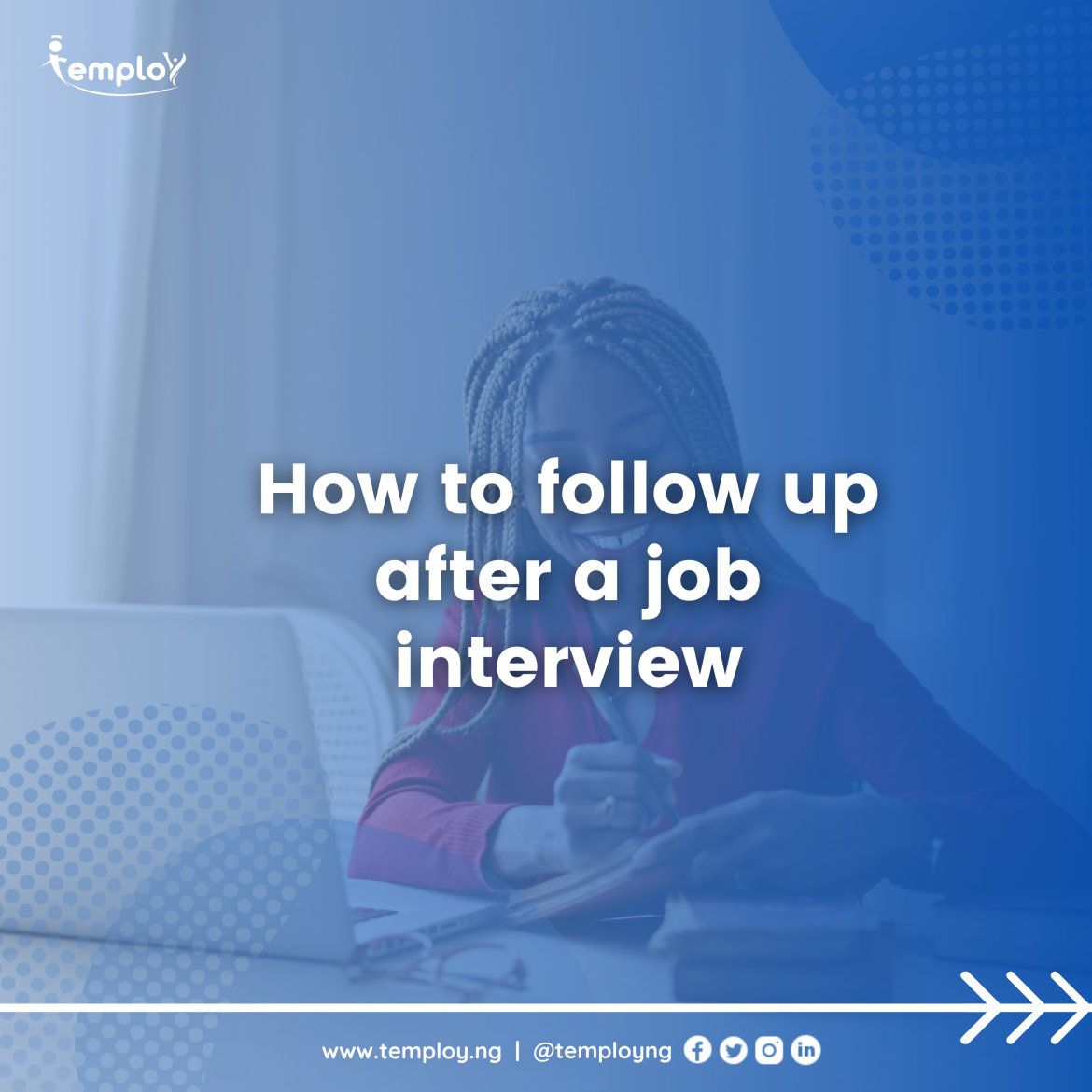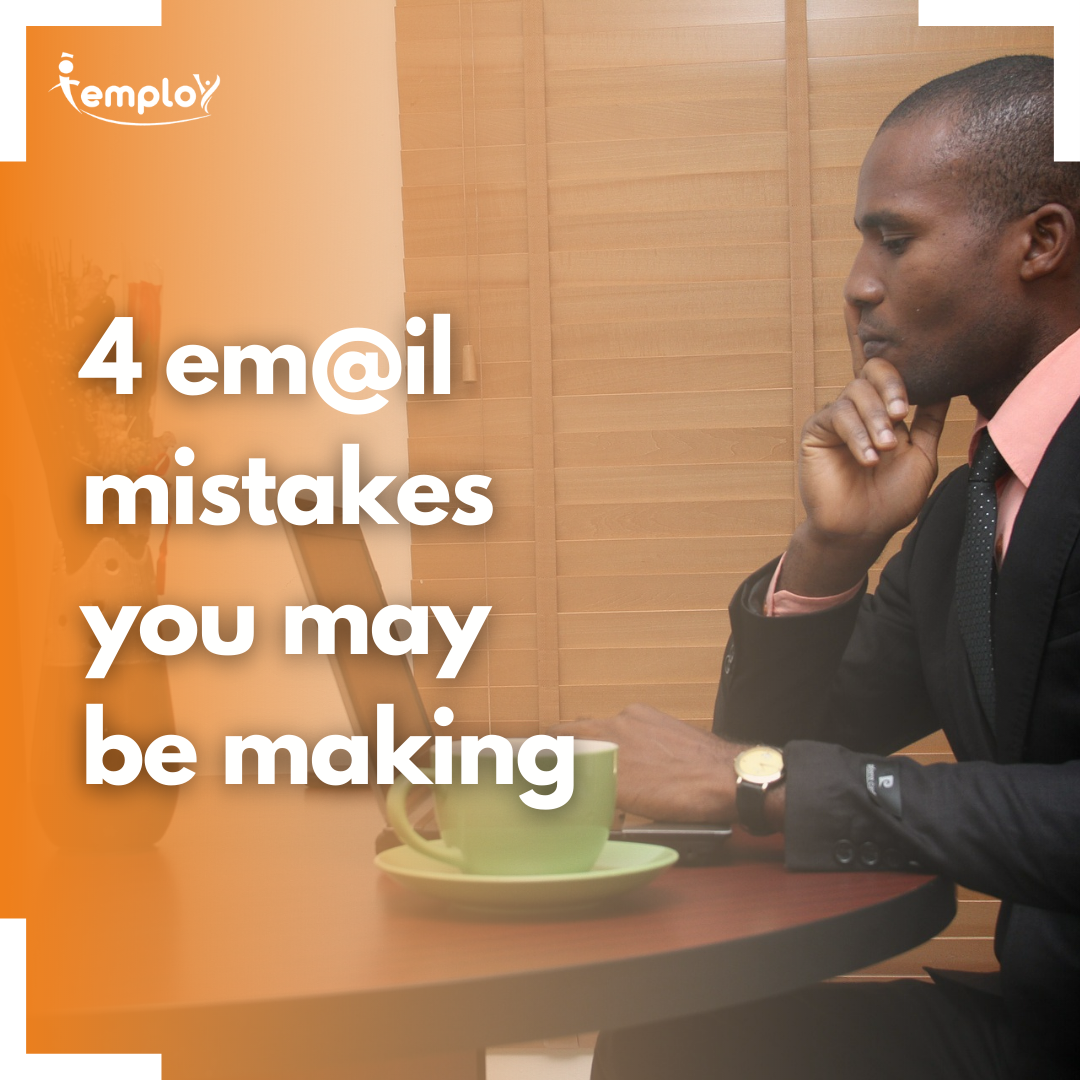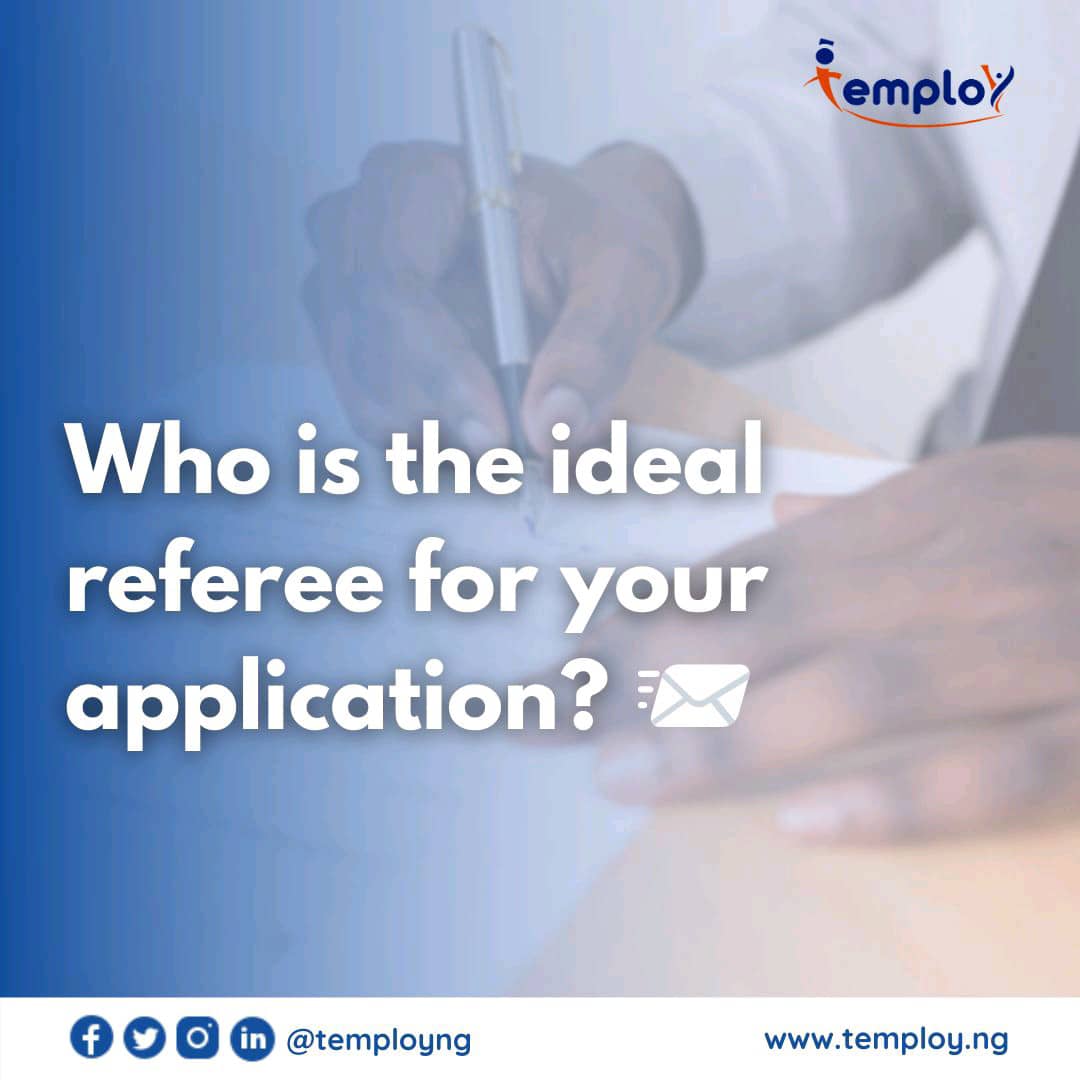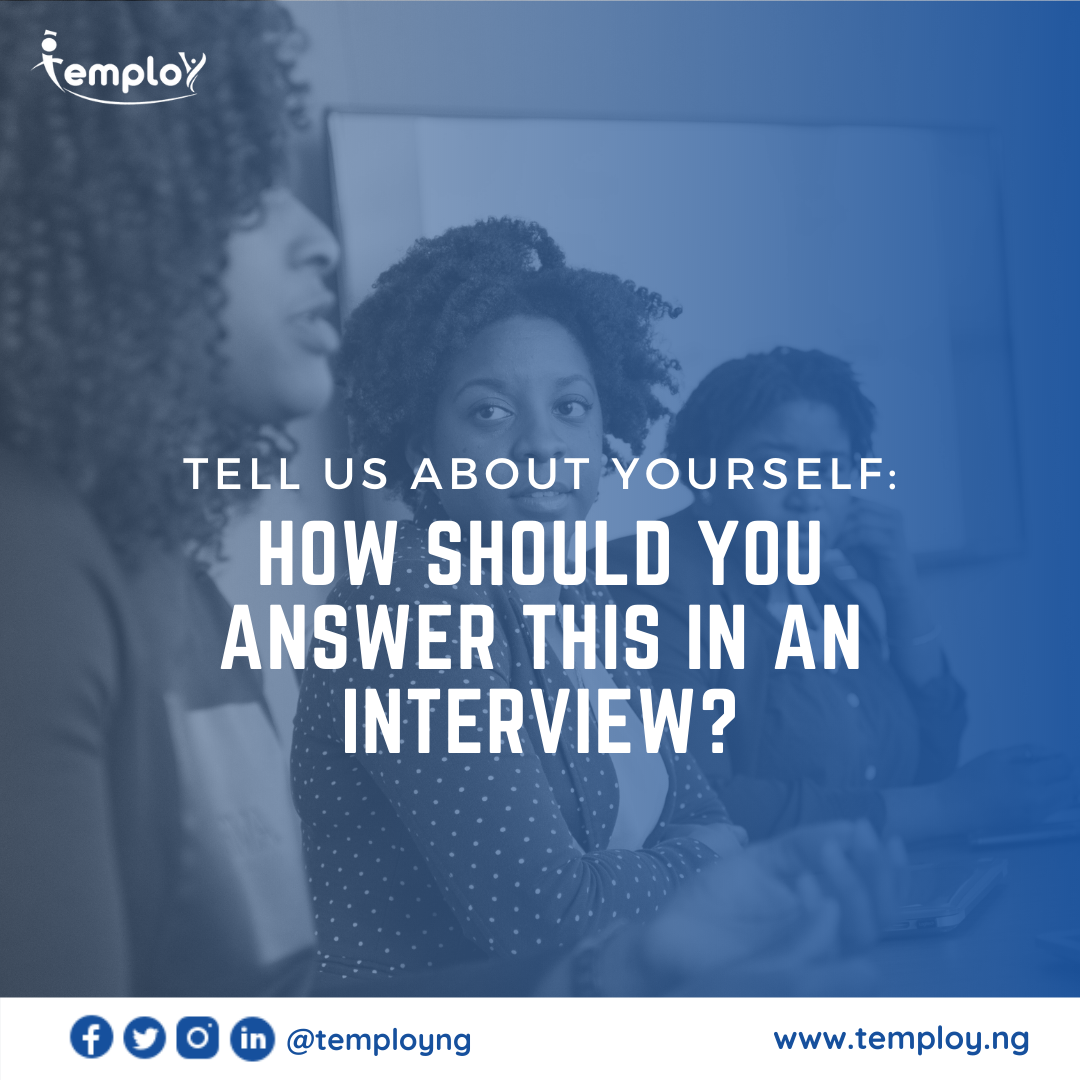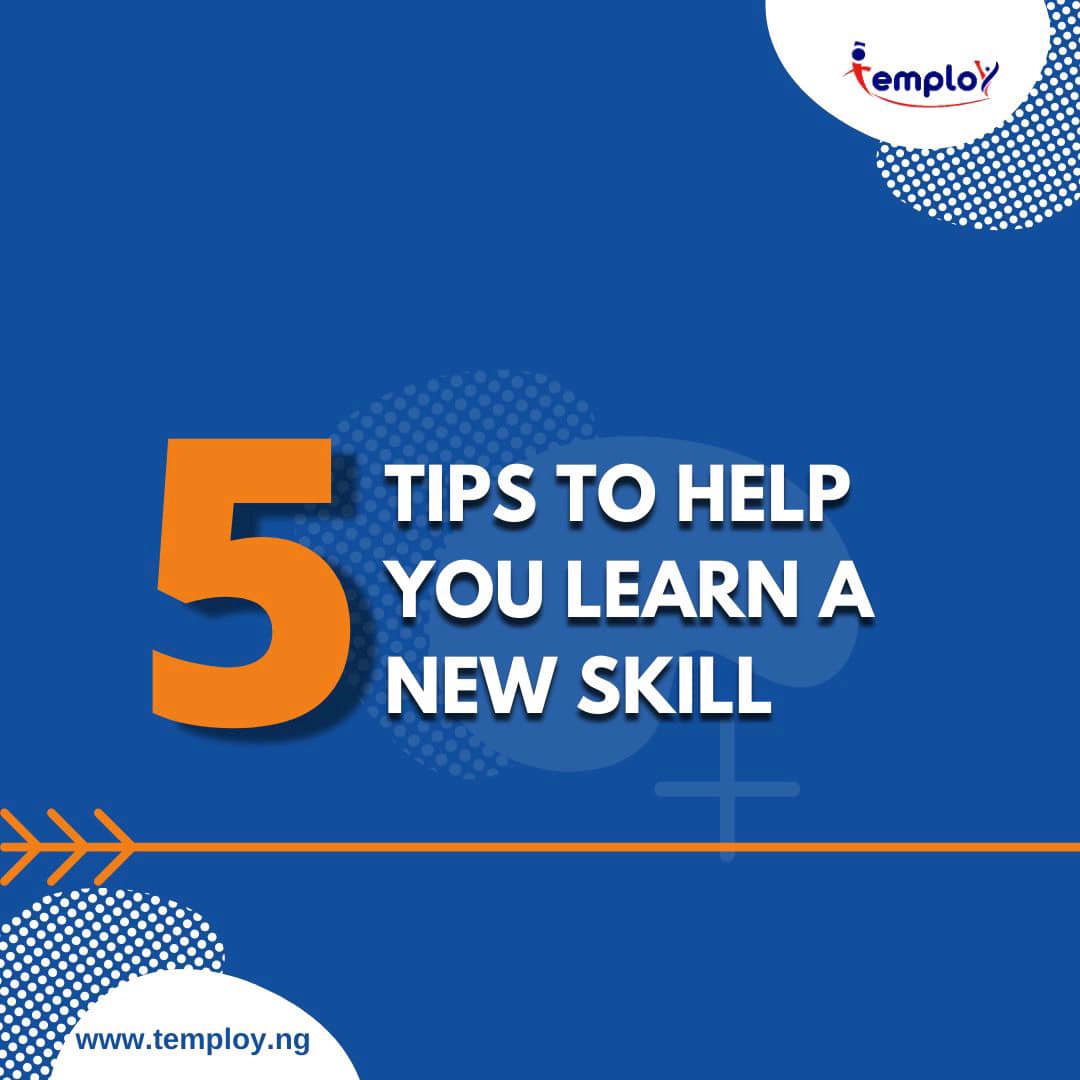The employment gaps on your CV do not have to be a deal breaker during job interviews.
Learn how to account for them by following the tips below.
1. Be prepared to talk about it.
Having gaps on your CV will not necessarily prevent you from getting a new job. However, potential employers will expect an explanation.
Take time to practice how you would address the gaps in a way that projects confidence and positivity.
2. Be honest, but keep it positive.
Be truthful without going into unnecessary detail. The key is to candidly present the facts without letting the discussion turn negative.
Instead, refocus the discussion on what you learned, and how you plan to use that knowledge in the future.
3. Pivot to the present.
Overall, you want to strike a balance between clarifying your employment gaps, and pivoting into a follow-up discussion about why you want the job.
There’s no perfect answer but try to shift the focus off why you were out of work and back to the present.
4. Remember to connect.
The secret to nailing a job interview is not just about having a ‘strong’ CV or giving the ‘best’ answers to questions.
The winning candidate is often the one who connects the most with the interviewer. Bear this in mind as you address any employment gaps.


